Understanding Eye Itchiness
Eye itchiness, also known as ocular pruritus, is a common condition that affects millions worldwide. It is characterized by a persistent urge to rub or scratch the eyes, often accompanied by redness, irritation, and watery discharge. While occasional itchiness may be attributed to temporary factors such as dust or pollen, chronic or severe cases may indicate underlying ocular allergies.
Causes of Eye Itchiness
Various factors can trigger eye itchiness, including:
- Allergens: Pollen, dust mites, pet dander, and mold are common allergens that can provoke an allergic response in susceptible individuals.
- Environmental Irritants: Smoke, pollution, and strong odors can irritate the eyes, leading to itchiness and discomfort.
- Contact Lenses: Improper hygiene or sensitivity to contact lens solutions can cause irritation and itchiness.
- Dry Eye Syndrome: Insufficient tear production or poor tear quality can result in dry, itchy eyes.
- Eye Infections: Bacterial or viral infections such as conjunctivitis (pink eye) can cause itchiness, along with other symptoms like redness and discharge.
Ocular Allergies: Unveiling the Culprits
Ocular allergies, also referred to as allergic conjunctivitis, occur when the eyes react to allergens in the environment. Unlike other types of allergies, such as hay fever or asthma, ocular allergies primarily affect the eyes and surrounding tissues. Understanding the triggers and symptoms of ocular allergies is crucial for effective management and relief.
Common Allergens
Several allergens can trigger ocular allergies, including:
- Pollen: Pollen from trees, grasses, and weeds is a prevalent allergen, especially during spring and summer months.
- Dust Mites: These microscopic creatures thrive in bedding, upholstery, and carpets, triggering allergic reactions in sensitive individuals.
- Pet Dander: Proteins found in pet saliva, urine, and dander can provoke allergic reactions in susceptible individuals.
- Mold: Mold spores, commonly found in damp or humid environments, can trigger allergic reactions when inhaled or come into contact with the eyes.
Symptoms of Ocular Allergies
The symptoms of ocular allergies may vary in severity and can include:
- Itching: Persistent itching of the eyes, often accompanied by a desire to rub or scratch.
- Redness: Bloodshot or pink appearance of the eyes due to inflammation of the conjunctiva.
- Watery Eyes: Excessive tearing or watery discharge from the eyes, known as tearing.
- Swelling: Swelling or puffiness of the eyelids, particularly in severe cases.
- Burning Sensation: A burning or stinging sensation in the eyes, sometimes described as feeling gritty or sandy.
Managing Eye Itchiness and Ocular Allergies
Prevention Strategies
Prevention is key in managing eye itchiness and ocular allergies. Consider the following strategies to minimize exposure to allergens:
- Allergen Avoidance: Identify and avoid triggers such as pollen, dust, pet dander, and mold.
- Environmental Control: Use air purifiers, vacuum cleaners with HEPA filters, and maintain clean indoor air quality.
- Proper Hygiene: Wash hands frequently, avoid touching the eyes, and clean bedding and upholstery regularly to reduce dust mites.
- Contact Lens Care: Follow proper hygiene practices when handling contact lenses, including cleaning and disinfecting as directed.
- Eye Protection: Wear sunglasses or protective eyewear to shield the eyes from allergens and environmental irritants.
Treatment Options
When prevention alone is not sufficient, various treatment options are available to alleviate symptoms and provide relief:
- Antihistamines: Oral or topical antihistamines can help reduce itching and inflammation associated with ocular allergies.
- Decongestants: Over-the-counter decongestant eye drops can provide temporary relief from redness and swelling.
- Mast Cell Stabilizers: These medications prevent the release of histamine and other inflammatory substances, reducing allergic reactions.
- Corticosteroids: Prescription corticosteroid eye drops may be recommended for severe cases of ocular allergies, but long-term use should be avoided due to potential side effects.
- Immunotherapy: Allergy shots or sublingual immunotherapy can desensitize the immune system to specific allergens, reducing the severity of allergic reactions over time.
Seeking Professional Guidance
If you experience persistent or severe symptoms of eye itchiness or ocular allergies, it is essential to consult an eye care professional for proper diagnosis and treatment. An eye doctor can evaluate your symptoms, identify underlying causes, and recommend personalized management strategies to improve your ocular health and quality of life.
In conclusion, eye itchiness and ocular allergies are common conditions that can significantly impact daily life. By understanding the causes, symptoms, and management strategies outlined above, individuals can take proactive steps to minimize discomfort and achieve long-term relief from ocular allergies. Remember, prevention, and early intervention are key to maintaining healthy eyes and enjoying clear vision year-round.
Tatum Eyecare is North Phoenix’s premier family eye care center. We’ve spared no expense to create the most pleasant, comfortable patient experience… including the finest furnishings, the best selection of prescription eyeglass frames, the most cutting-edge technology, and the most outstanding team of industry professionals. Come see why the choice for family eye care in the Valley has never been clearer.



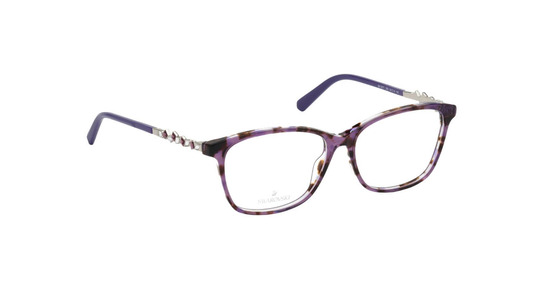







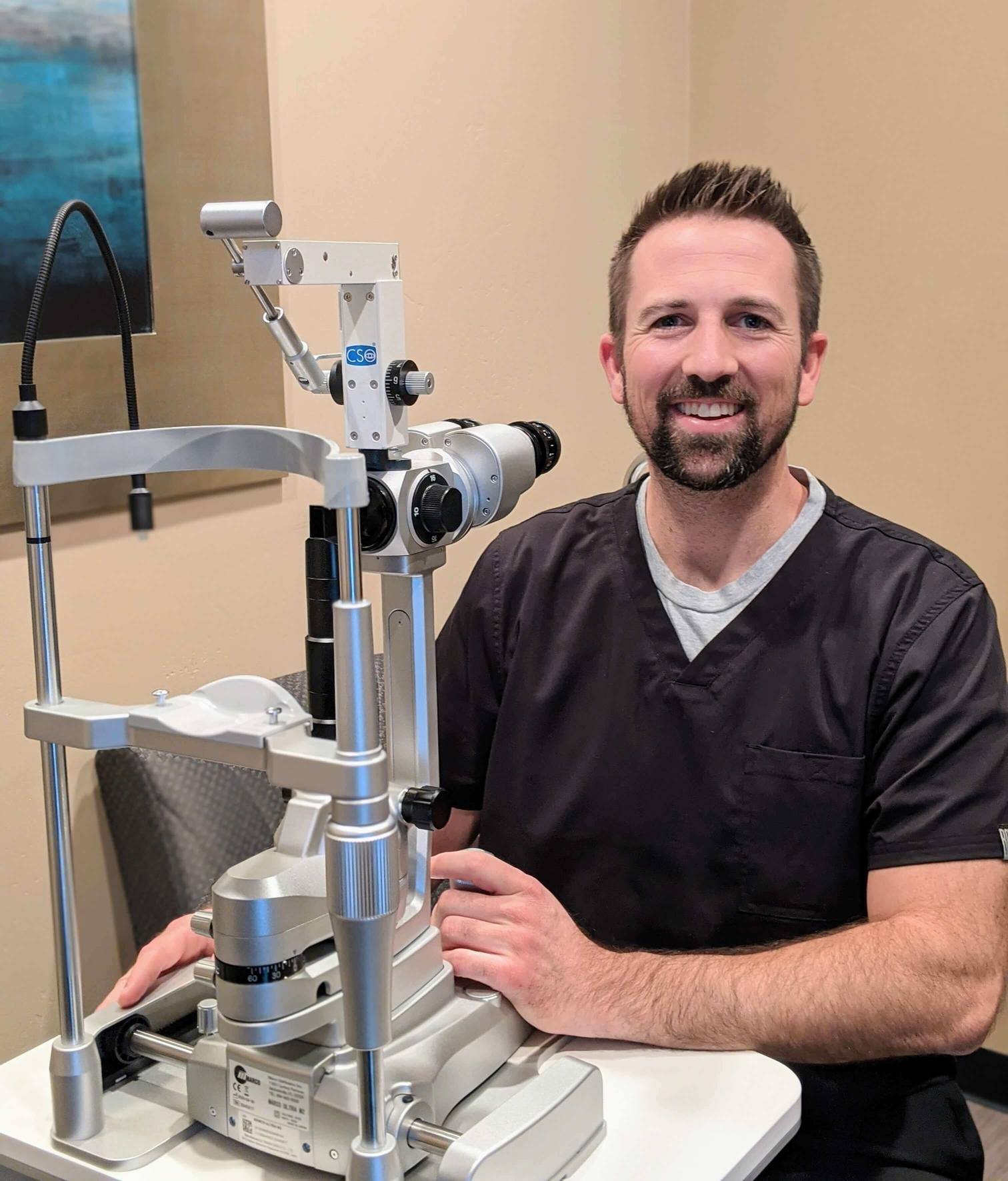







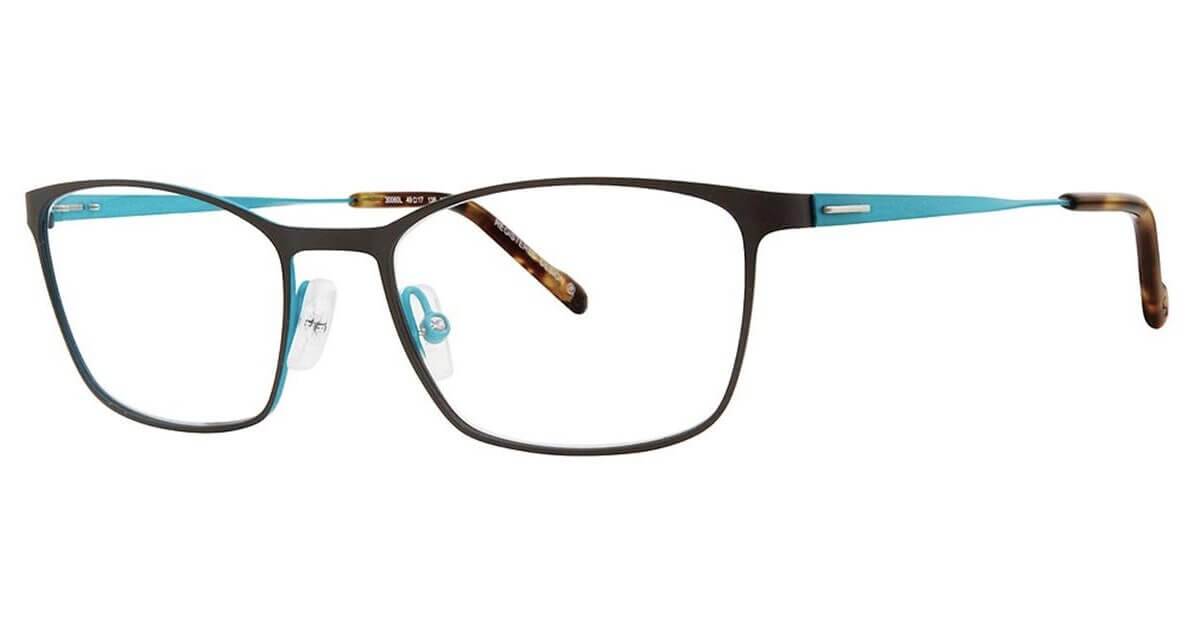

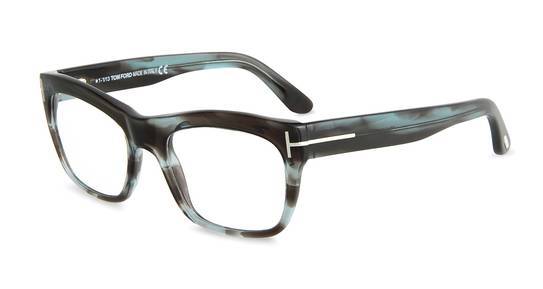


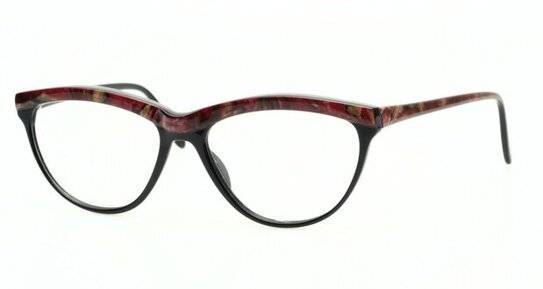

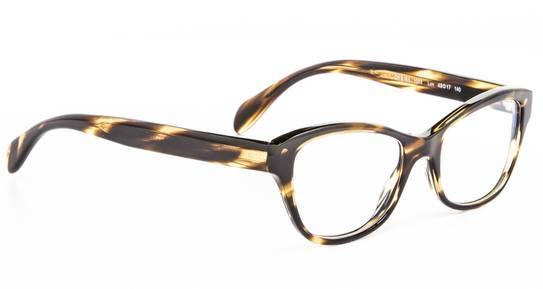


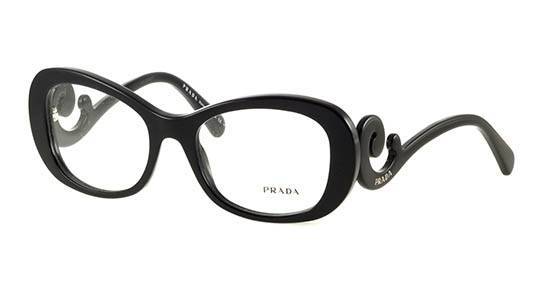
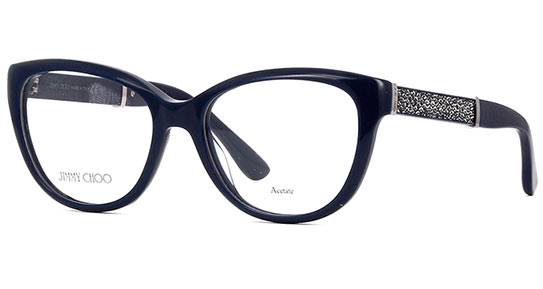
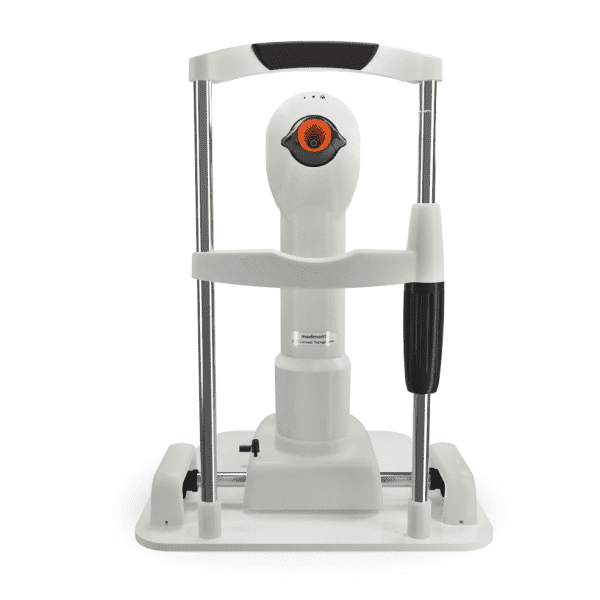
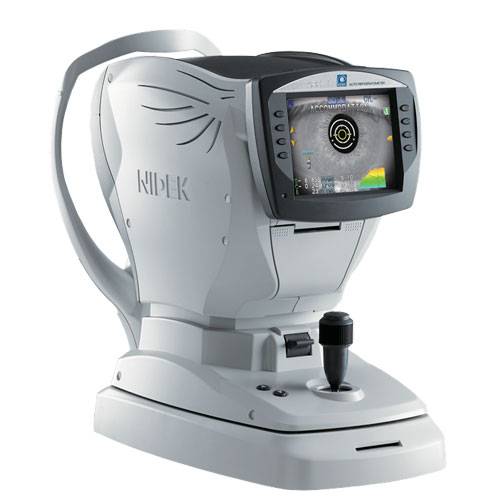
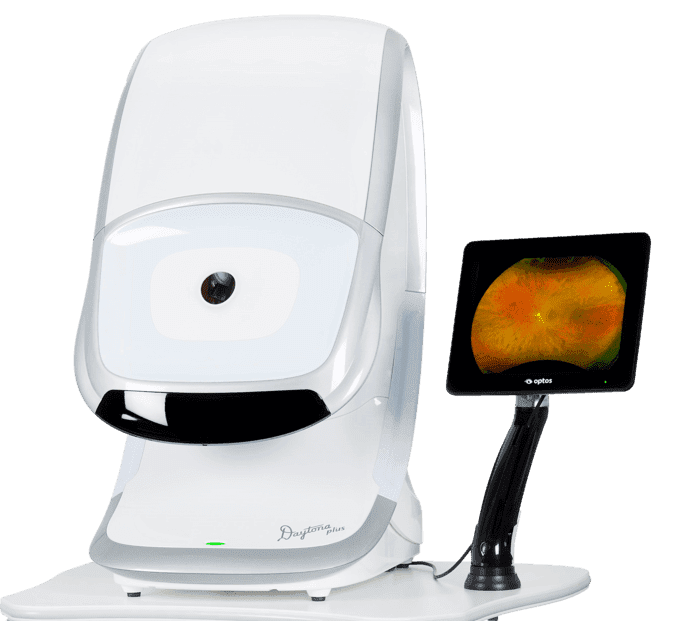

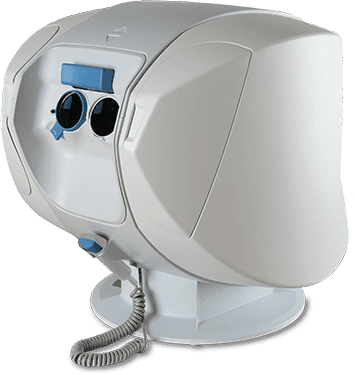
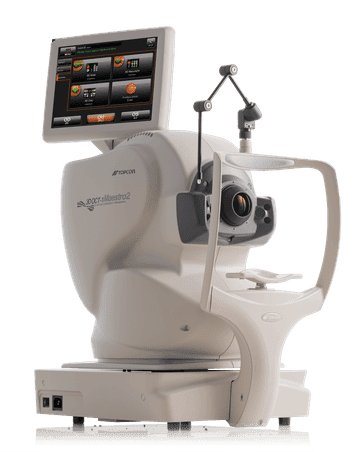
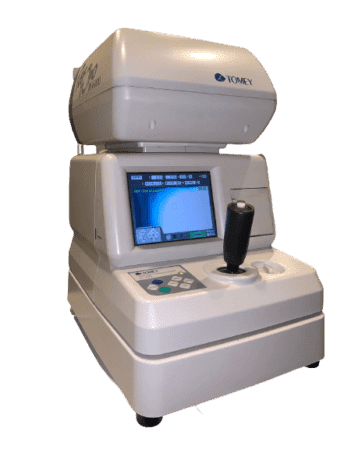
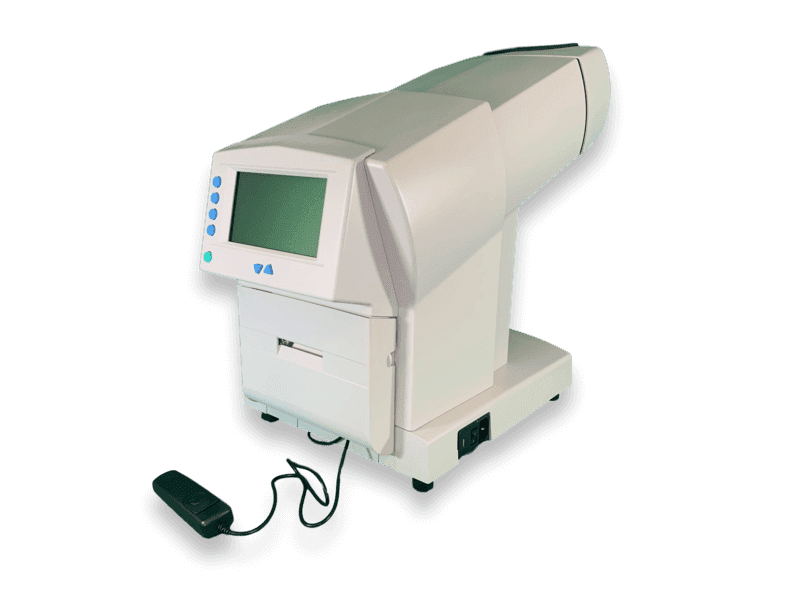

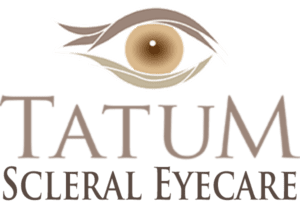
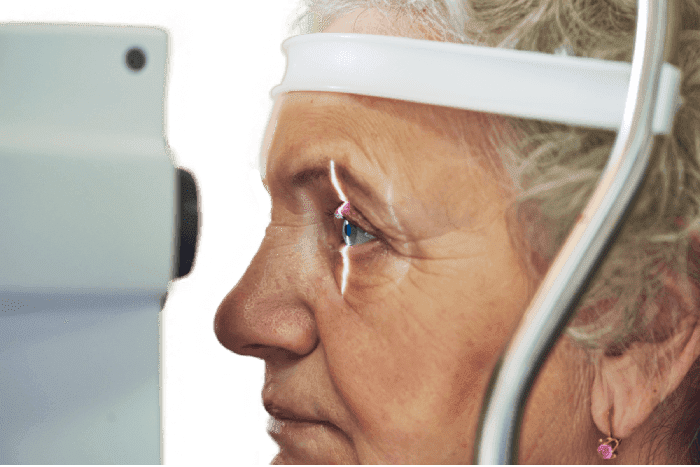
 Dillon Optics, the performance eyewear arm of Dillon Precision, have a unique non-reflective, matte lens appearance incorporated with NIR lens technology. This produces noticeably sharper clarity, and protects the lens from damage and harmful environmental conditions. Perfect for outdoor sports and activities where precision vision is required. Tatum Eyecare carries a wide variety of Dillon Optics eyewear.
Dillon Optics, the performance eyewear arm of Dillon Precision, have a unique non-reflective, matte lens appearance incorporated with NIR lens technology. This produces noticeably sharper clarity, and protects the lens from damage and harmful environmental conditions. Perfect for outdoor sports and activities where precision vision is required. Tatum Eyecare carries a wide variety of Dillon Optics eyewear.




